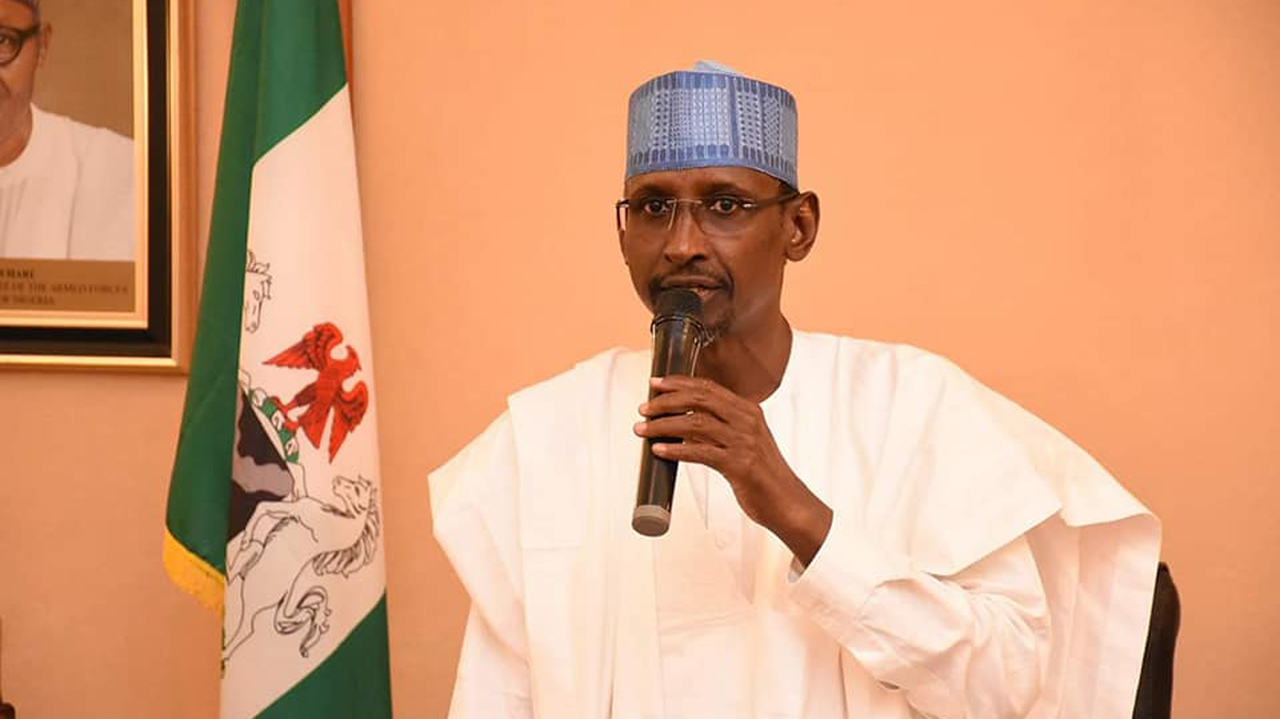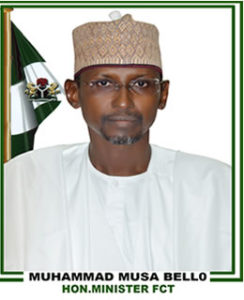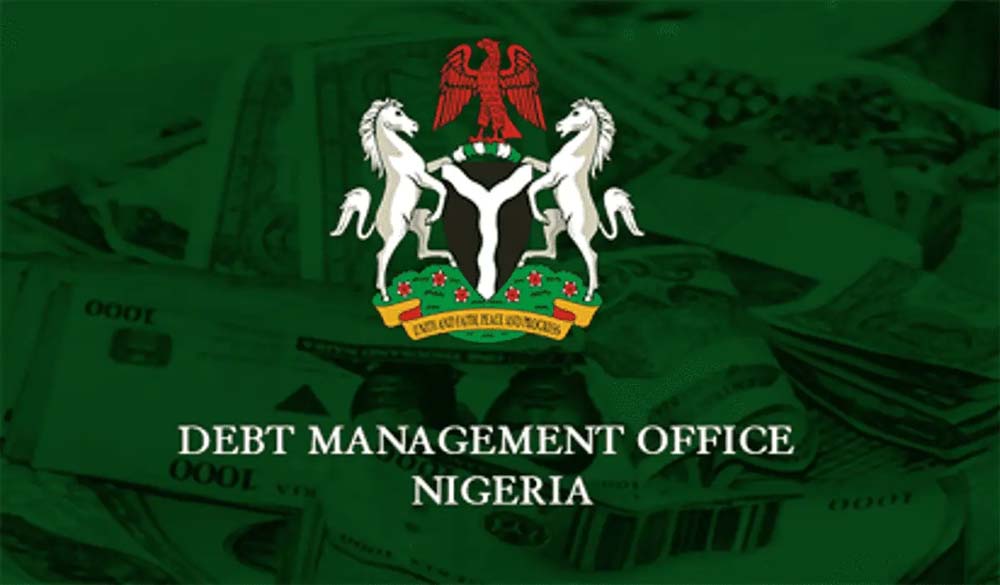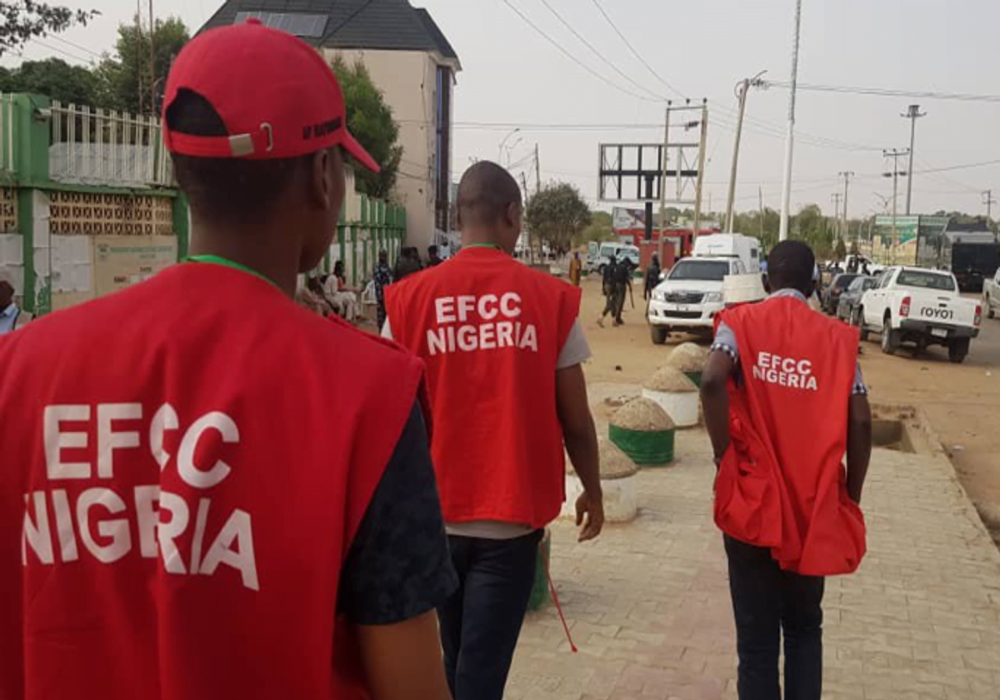NEWS
Cash Crunch Hunts FCT With Shortfall In Allocation From NN59b to N13.5b – FCT Minister

By John Danjuma
The Minister of the Federal Capital Territory (FCT) Mallam Muhammad Musa Bello has expressed apprehension over an imminent cash crunch that is hunting the Nigerian Federal Capital Territory.
 The minister spoke on Thursday during the defence of the N607.9billion 2022 budget before the National Assembly joint Committee on FCT.
The minister spoke on Thursday during the defence of the N607.9billion 2022 budget before the National Assembly joint Committee on FCT.
The Minister while making a presentation before the committee indicated that while N59billion was earmarked for the Territory from its 1% allocation from the federal budget in the 2022 fiscal year, the allocation has been slashed to N13.5billion for the 2023 fiscal year.
He said even from the N59billion allocated for it from the federal government portion of the federation account in the 2022 fiscal year, only N19billion has been released to date
“The FCT budget has two components, One is yearly allocation from 1% of the federal government share of the federation account and the second one is internally generated revenue which has over the years been the main sustenance of governmental operations in FCT.
“In the N607.9billion 2022 budget of FCT, the federal allocation is just N59billion out of which only N19billion has been released.
“For the 2023 fiscal year, the projected federal allocation has been drastically slashed to N13.5billion despite the increase in the number of planned projects from 20 in the 2022 fiscal year to 22 in the 2023 fiscal year” he stated.
He explained further to the committee members that out of the proposed N607.9billion 2022 budget, N76.6billion is for personnel cost, N138billion for overhead cost and the remaining balance of N393.2billion is for capital projects.
Read Also >> Obi Suspends Campaign, Urges Tinubu, Atiku, Others To Join In Helping Flood Victims
According to him, one of the critical projects the capital votes are to be used on is the Greater Abuja Water Project, planned to provide portable water for 29 additional districts within the territory.
He said as a result of huge financial demands, the territory is now adopting integration of indigenes into newly opened districts as against the resettlement policy that has been causing crisis over the years.
“System of re-settlement earlier put in place has not worked, making us adopt the policy of integration as presently being done in Kabusa “, he said.
However, the Committee led by its Chairman, Senator Smart Adeyemi ( APC Kogi West), urged the Minister to start implementation of property tax in FCT for required revenue generation.
Senator Adeyemi said implementation of property tax in FCT, will not only give the administration, N200billion to N250billion in a year but also helped in preventing crime and criminality within the territory.
“It is only in Nigeria that people are allowed to build Houses or Estates without renting them out for many years, which invariably serve as hideouts for criminally minded ones.
“With the enforcement of payment of property tax, such practice will stop”, he said.
On security, he disclosed to the Committee members that 60vehicles worth N2billion would be distributed to various security agencies like the Nigeria Police, the Army, Civil Defence etc, next week Thursday.
Other members of the committee who commented, tasked the Minister to come up with a framework for regulation of the public transportation system within the territory as well as provision of required infrastructure in satellite areas, as they set for oversight visitation on Tuesday and Wednesday next week.
NEWS
JUST IN: COP29 Proposes $250bn Annual Climate Finance Target For Developing Nations
The COP29 presidency has unveiled an ambitious climate finance plan, calling on developed nations to provide $250 billion annually to developing countries by 2035.
The proposal, part of a broader initiative to mobilize $1.3 trillion from public and private sources each year, seeks to address the mounting challenges posed by climate change.
The five-page draft text, released on Friday, emphasizes the need for developed nations to lead the charge in financing climate action.
RELATED NEWS: COP29: Climate Summit Faces Deadlock Over Vague Funding Proposals For Vulnerable Nations
According to the document, this financial commitment is seen as a critical step toward combating the climate crisis and fostering sustainable development globally.
“In this context, it is decided to set a goal in extension of the goal referred to in paragraph 53 of decision 1/CP.21, with developed country Parties taking the lead, to USD 250 billion per year by 2035 for developing country Parties for climate action,” the draft states.
The announcement follows the release of an earlier 10-page draft on Thursday, which drew significant criticism from Global South delegations.
Many expressed frustration that the document lacked clear financial commitments from wealthier nations, falling short of expectations to support adaptation and mitigation efforts.
“There is a clear need to address the principle of common but differentiated responsibilities, especially given the diverse circumstances shaping national priorities,” a negotiator from a developing country delegation remarked.
The updated proposal aims to address some of these concerns by outlining more specific targets. However, skepticism remains among some negotiators, who feel the revisions still fail to adequately address their demands.
Meanwhile, developed countries have raised their own reservations about the proposed plan.
A European negotiator, speaking to Reuters, described the $250 billion annual target as unrealistic and criticized the lack of measures to expand the pool of contributing countries.
“No one is comfortable with the number because it’s high, and there’s almost nothing on broadening the contributor base,” the negotiator said.
The mixed reactions underscore the persistent divide between developed and developing nations in climate negotiations.
While the draft text aims to reconcile these differences, the gap between expectations and commitments remains a significant hurdle.
NEWS
Moghalu Prescribes Good Governance As Panacea To Ethnic Agitation

The President of the African School of Governance, Kingsley Chiedu Moghalu has admonished state actors against resorting to brutal force in the bid to muscle out separatist agitators.
In the aftermath of Mazi Simon Ekpa, the Finland based Biafran nationalist agitator being caught in legal web and the Nigerian government moving swiftly to seek his repatriation, the former deputy governor of the Central Bank of Nigeria (CBN) has cautioned that ‘We either fix our problems, or our problems will eventually “fix” us. No alternative to a renegotiated union.’
ALSO READ: Finnish Police Arrest Simon Ekpa Over Terror-Related Allegations
The political economist, while expressing his hope in Nigeria, made it clear that “hope is not a strategy”.
He bared his mind in a series of posts on his verified handle on micro-blogging site, X on Friday.
Moghalu wrote, “Despite sustained contemporary difficulties, I am hopeful about Nigeria. But hope is not a strategy. We need to improve state capacity for effective governance.
“We either fix our problems, or our problems will eventually “fix” us. No alternative to a renegotiated union.
“We must learn to be honest with ourselves and address the root causes of our problems. Why ignore them, when the problem is actually quite solvable? The problem with continuing with this approach is that when the danger crystallizes, those who thought they were benefiting from
NEWS
N1.7trn Loan: Atiku Blames NASS For Worsening Nigeria’s Debt Burden
Former Vice President, Atiku Abubakar has criticized the federal government’s plan to secure an additional N1.7 trillion loan through Eurobonds to cover a shortfall in the 2024 budget, describing the borrowing as unsustainable and harmful to Nigeria’s economy.
In a statement shared on Thursday via his X (formerly Twitter) handle, Atiku accused the Bola Tinubu-led administration of burdening Nigerians with debt while failing to provide clear answers about the country’s fiscal challenges.
READ ALSO: CSR: Dangote Cement Fuels Education With Support Projects At Lagos Schools
He also faulted the National Assembly for enabling what he called a “voracious appetite” for loans.
The former Peoples Democratic Party (PDP) presidential candidate expressed alarm over a recent World Bank report ranking Nigeria as the third most indebted country to the International Development Association (IDA), calling the development troubling.
“The recent report released by the World Bank, showing Nigeria as the third most indebted country to the International Development Association (IDA), is very concerning,” Atiku stated.
He raised further concerns about the government’s decision to benchmark the proposed loan at an exchange rate of 1 USD to N800, despite the Central Bank of Nigeria’s official rate being over N1,600.
“What makes this particular loan proposal even more concerning is that it is benchmarked at the exchange rate of 1 USD to N800, whereas the current exchange rate from the Central Bank of Nigeria stands at over N1,600 to 1 USD,” he said.
Atiku questioned the need for additional borrowing, given the government’s earlier claims of record-high revenue collection.
“In July this year, Tinubu boasted that the FIRS and Customs under his watch had collected all-time high revenues to finance the budget. Why are they still borrowing?” he said
He accused the government of a lack of transparency, describing the borrowing spree as detrimental to Nigerians already struggling under economic hardship.
“There is something that they are not telling Nigerians, even as they are being crushed by a combination of their failed trial-and-error policies and loan rackets.”
Atiku also referenced a report by BudgIT, a budget monitoring group, which criticized the 2024 budget for its inefficiencies.
He alleged that corruption, rather than infrastructure or development needs, was driving the government’s borrowing decisions.
“These loans are powered by corruption and not for infrastructure and development needs. This voracious appetite for humongous loans is deeply concerning,” he said.
Reflecting on Nigeria’s financial history, Atiku lamented the return to significant foreign indebtedness just years after former President Olusegun Obasanjo’s administration cleared the country’s debt.
“It is agonizing to see that just a few years after the Obasanjo administration took us out of foreign indebtedness, we are today back at the top spot in the same conundrum,” he stated.
He called for a more cautious approach to borrowing, urging the government to prioritize fiscal responsibility and transparency to avoid worsening Nigeria’s economic challenges.














